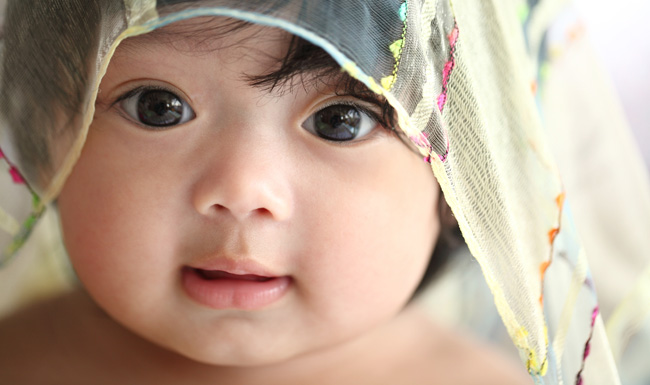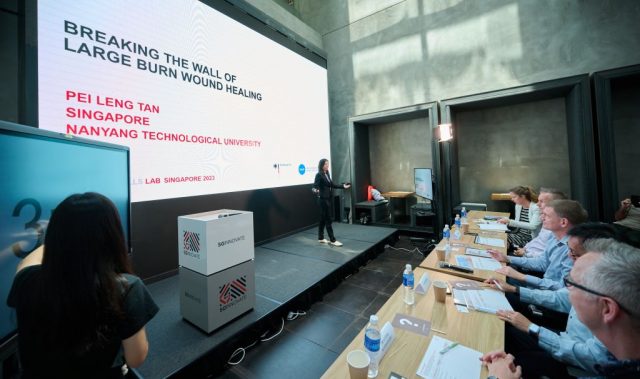
AsianScientist (Dec. 6, 2016) – Researchers in Singapore and the US have shown that toddlers as young as two-and-a-half years old can understand when others have thoughts that are different from theirs. Their work was published in Proceedings of the National Academy of Sciences.
Developmental psychologists Assistant Professor Setoh Pei Pei from Nanyang Technological University, Singapore; Assistant Professor Rose Scott from the University of California Merced; and Professor Renée Baillargeon from the University of Illinois made the finding. The researchers used a methodology known by psychologists as the false belief task to find out whether these children failed to show an understanding of what others think.
In a traditional false belief task, a child listens to a story where character Sally hides a marble in one of two containers and then leaves. The marble is then shifted to the other container without Sally’s knowledge. When asked where Sally will look for her marble, younger children pointed to the marble’s new location, suggesting that they do not understand that Sally holds a false belief about the marble’s location. Children around four years old and above would point to the marble’s original location.
The present study, however, showed that when the false belief task is simplified, younger children can answer the question correctly. The modified story of Emma and her apple follows the same format, except that the apple was taken away to an undisclosed location. The children were asked two additional location questions, where they were shown two object pictures and asked which picture shows the object in question, before they were asked the critical question about where Emma will look for her apple.
The additional questions contributed to reducing the information processing demands on the children, and made it easier for them to answer the critical question. These results suggest that young children are aware that others may hold different beliefs from them, but were not able to demonstrate this understanding because there was too much information for them to deal with all at once.
The article can be found at: Setoh et al. (2016) Two-and-a-half-year-olds Succeed at a Traditional False-belief Task with Reduced Processing Demands.
———
Source: Nanyang Technological University.
Disclaimer: This article does not necessarily reflect the views of AsianScientist or its staff.












